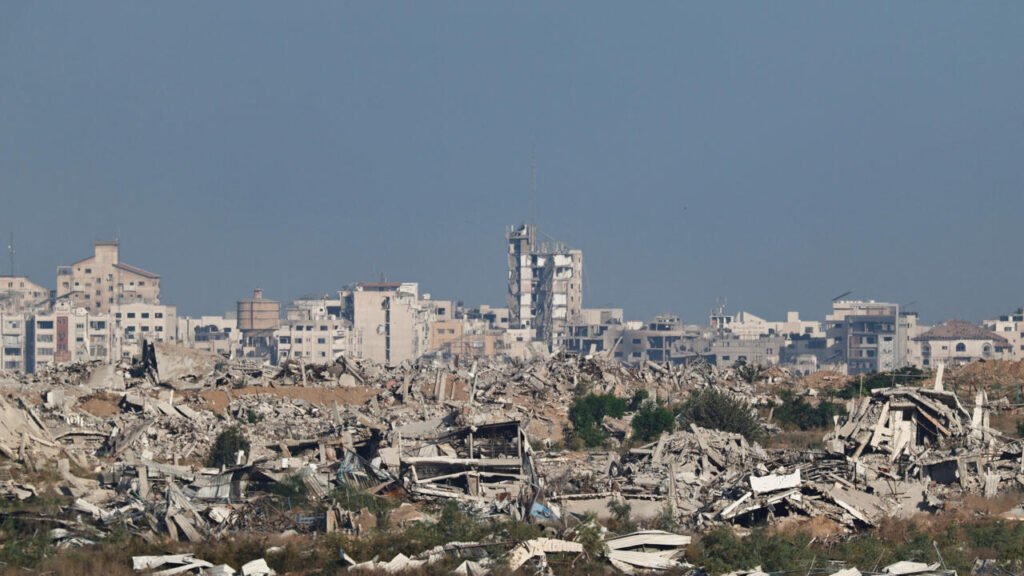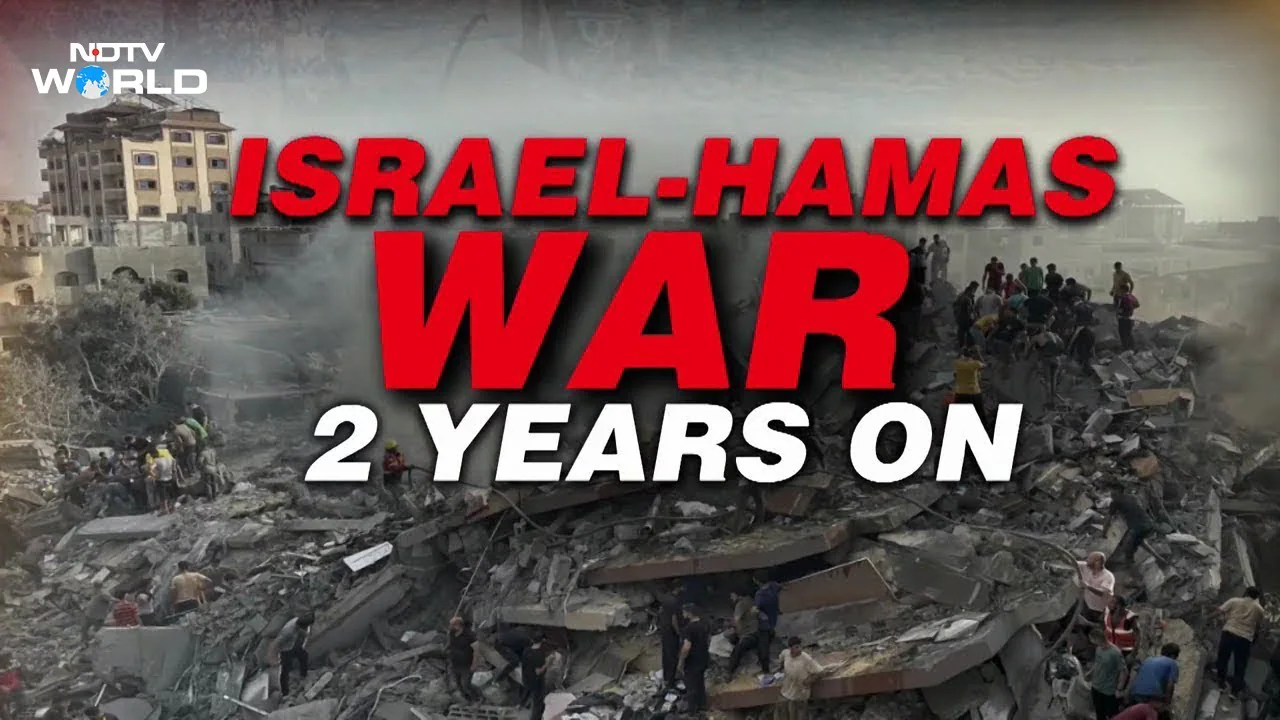The Israel Hamas Peace Talks 2025 have ignited a wave of cautious optimism across the Middle East. After years of bloodshed, both sides have agreed to accept certain parts of Donald Trump’s peace plan, focusing on prisoner and hostage exchanges. The talks, mediated by Egypt, represent the first substantial diplomatic breakthrough since the war that erupted in 2023.

Egypt Leads the Israel Hamas Peace Talks 2025
The Israel Hamas Peace Talks 2025 began under the careful mediation of Egyptian diplomats in Cairo, whose mission was to foster dialogue where none existed.
Egypt’s efforts, supported by elements of the Trump peace framework, were crucial in bridging gaps between the two sides. According to AP News (DoFollow), the current deal includes provisions for a humanitarian corridor and mutual prisoner releases — early steps seen as building trust for future peace agreements.

What the Israel Hamas Peace Talks 2025 Aim to Achieve
The talks aim to secure several key outcomes:
- Release of Israeli hostages held in Gaza.
- Freedom for Palestinian prisoners detained in Israel.
- Reduced border tensions along Gaza.
- Improved humanitarian access for aid agencies.
While a full ceasefire has not yet been declared, both parties appear ready to discuss a framework for long-term peace if initial progress continues positively.

Egypt and the Trump Plan’s Role
The Trump peace plan, initially introduced in 2020 by Jared Kushner and Ron Witkoff, faced heavy criticism for being one-sided. Yet, in 2025, some of its humanitarian and economic elements have resurfaced — this time reinterpreted through Egypt’s diplomatic mediation.
The United States and European Union have praised Egypt’s initiative, noting that incremental progress often leads to larger breakthroughs. (Source: BBC News)

Challenges in the Israel Hamas Peace Talks 2025
Despite promising signs, major obstacles remain:
- Persistent mistrust between both parties.
- Lack of a clear verification mechanism for prisoner swaps.
- External influences from nations like Iran and Qatar.
- Ongoing humanitarian crises in Gaza despite partial aid delivery.
Experts warn that the peace process could falter if either side fails to honor its commitments or if violence resurges on the ground.
Global and Regional Response
Reactions to the Israel Hamas Peace Talks 2025 have been cautiously optimistic:
- The United States described the talks as “a meaningful start toward peace.”
- The European Union highlighted the urgency of humanitarian relief.
- Arab nations voiced hope that Egypt’s mediation could evolve into a broader, Arab-led peace framework.
Humanitarian groups also emphasized that while diplomacy advances, aid delivery to Gaza’s civilians must remain a top priority. Millions continue to face food insecurity, displacement, and lack of medical care.

Internal Impact — A New Political Narrative
For Israel, the peace talks represent a moment to restore internal unity and show responsiveness to hostage families.
For Hamas, participation in negotiations enhances its political legitimacy within Gaza.
However, both sides face internal pressure — Israel from right-wing groups demanding stronger military action, and Hamas from factions opposing compromise.

Why the Israel Hamas Peace Talks 2025 Matter
The Israel Hamas Peace Talks 2025 could redefine regional diplomacy. Instead of seeking absolute victory, both sides are choosing incremental, realistic steps that can rebuild trust and stability.
This historic moment may not bring total peace immediately, but it restores hope — a vital foundation for lasting change.
Conclusion — A Turning Point for Gaza and Beyond
The Israel Hamas Peace Talks 2025 have reminded the world that even after decades of war, diplomacy remains possible. Egypt’s firm yet balanced mediation, coupled with elements of the Trump plan, has created an opening for genuine progress.
Though challenges lie ahead, this renewed dialogue marks what could be the beginning of a long-awaited transformation — not only for Gaza but for the entire Middle East.



